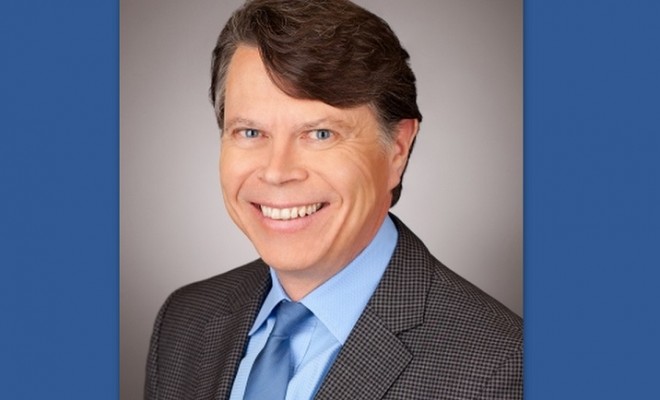
Why I Repeat Myself
A criticism often aimed at my work – and especially at my blogging here at Cafe Hayek – is that it’s repetitive. This criticism is valid. I do address certain issues repeatedly. And while I try to do so each time with some different particular point, angle, or reference to facts or history, I’m aware that I do not always succeed in this effort.
One reason for my repetition is that it’s good for my soul. This reason is selfish, for it’s about me and not about those persons who might read my pedestrian prose. Whenever I encounter rank economic ignorance, the experience is for me very much like hearing fingernails scraping across a chalkboard. (Young people: look it up.) To relieve myself of the grating annoyance I must write something in response. Even if I’m protesting only into the void, the very act of articulating a protest makes me feel better.
But another reason for my repetition is less selfish than the first, although it’s undoubtedly more arrogant: If I use my voice, then someone – maybe multiple someones – might hear it and be prompted to think a bit differently, a bit more rationally, about economic reality.
A third reason for my repetition is related to the second: economic ignorance repeats itself. Almost all that I write here at Cafe Hayek is offered in response to something that I encounter in newspapers, on other blogs, or in my e-mailbox. Pundits, politicians, and other professors incessantly go on about how free trade impoverishes the home country, about how so-called “price gouging” is a crime against humanity that must be prohibited, about how minimum-wage diktats help low-skilled workers either at no cost or at costs only to people who can afford to have such costs inflicted upon them, and about how the American middle-class has stagnated economically since Richard Nixon turned the Oval Office over to Gerald Ford.
Relatively few people appear to be annoyed by the repetition of these, and several other similar, fallacies. Indeed, I’m astonished at the number of people who seem genuinely to believe that, say, the latest brief for protectionism expressed in some prominent newspaper, or the newest version of an argument in favor of industrial policy, is original. Yet none are. Robert Reich, Marco Rubio, Oren Cass, Elizabeth Warren, Bernie Sanders, Joe Biden, Donald Trump, Sherrod Brown, Ian Fletcher, the Peters Navarro and Morici – these and other opponents of free trade say nothing that is new. Nothing whatsoever. Each is as original as is the most trite and tired cliché, but with none of the cliché’s kernel of truth. Everything written or said by such people has been written and said countless times in the past, in many cases dating back centuries. All has been shown, repeatedly, to be false. But history seems not to matter: Let the likes of Julius Krein or Robert Lighthizer utter a justification for protective tariffs and it’s heard by many as if it’s a brilliant, stunning, wonderful, and irrefutable insight, one never before encountered.
And so I, exercising my tadpole-sized ‘talents,’ enter the fray and repeat the arguments against these incessantly repeated fallacies.
Donald J. Boudreaux
Senior Fellow, F. A. Hayek Program for Advanced Study in Philosophy, Politics, and Economics
Martha and Nelson Getchell Chair for the Study of Free Market Capitalism, Mercatus Center
Board Member, Mercatus Center
Professor of Economics, George Mason University
Donald J. Boudreaux is a Senior Fellow with the F. A. Hayek Program for Advanced Study in Philosophy, Politics, and Economics at the Mercatus Center at George Mason University, a Mercatus Center Board Member, and a professor of economics and former economics-department chair at George Mason University. He holds the Martha and Nelson Getchell Chair for the Study of Free Market Capitalism at the Mercatus Center. He specializes in globalization and trade, law and economics, and antitrust economics.
Boudreaux is committed to making economics more accessible to a wider audience, and he has lectured across the United States, Canada, Latin America, and Europe on a wide variety of topics, including antitrust law and international trade. He is the author of the books Hypocrites and Half-Wits: A Daily Dose of Sanity from Cafe Hayek and Globalization. His articles appear in such publications as the Wall Street Journal and US News & World Report as well as numerous scholarly journals. He writes a blog (with Russell Roberts) called Cafe Hayek and a regular column on economics for the Pittsburgh Tribune-Review. He has appeared numerous times on John Stossel’s Fox show to discuss a range of economic issues.
Previously, he was president of the Foundation for Economic Education and an associate professor of legal studies and economics at Clemson University. He also serves as an adjunct scholar at the Cato Institute.
Boudreaux earned a PhD in economics from Auburn University and a law degree from the University of Virginia.

